Move over Formula E: In two years’ time, Staffordshire-based historic vehicle firm, RBW Electric Classic Cars, wants a grid full of EV-converted classics battling it out in a special championship.
You may already know of RBW’s £90k Roadster, the electric classic built around a reproduction MGB body shell. RBW has sold 19 cars to date since its Roadster was teased at the 2019 Classic Motor Show.

RBW is at heart a powertrain specialist. Working in a joint venture with Le Mans and Formula E-winning engineering firm, Zytek, it unveiled a fully type-approved MGB-based Roadster in 2020, and will sell an MGB GT equivalent from August.
It can also fit the same proprietary driveline to a Jaguar E-type, and says its running gear can be adapted to any historic rear-wheel drive vehicle. That means any historic vehicle could be refitted to race, and with the running gear tightly controlled keeping performance in the same ballpark regardless of the vehicle, race results would be down to driver skill – a compelling idea.
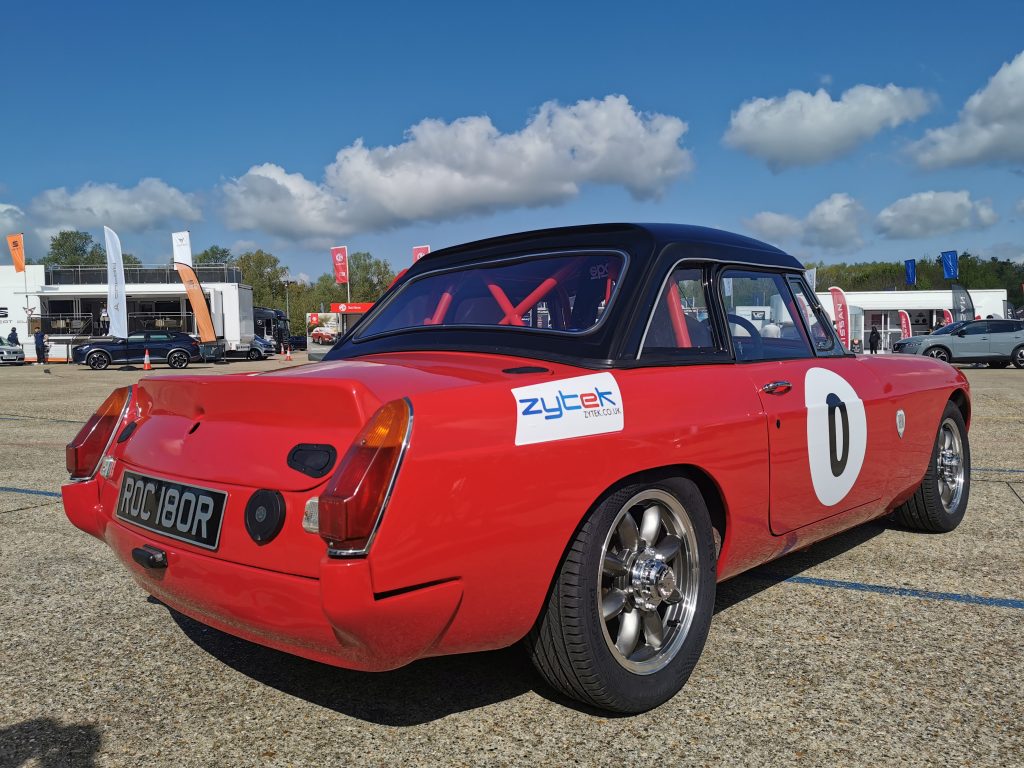
RBW began with an MGB (though it’s not badged as such) as CEO and founder, Peter Swain, owned an example of Abingdon’s finest as his first car.
The performance of RBW’s converted Roadster and GT is, roughly speaking, equivalent to that of a lightly tuned, B-Series-engined ‘B. The company quotes a 0-60mph dash of 8.7 seconds, but the demo racer, displayed at the recent SMMT industry test day, provides an extra kick: 0-60mph in 5.5 seconds, and tighter handling with suspension from Hoyle, adapted from the firm’s ‘B V8 kit. All-up weight is just under a tonne.
At the rear, the car uses a modified iteration of the Zytek and RBW developed suspension and power pack, with stronger components. Continental Engineering Services also designed a special race specification ABS system, which attenuates four servo-assisted disc brakes in conjunction with a regenerative braking system.
Swain said that a hardcore road version of the racing car, with performance to match, wasn’t out of the question – and that improvements made trackside will filter down on to later models.
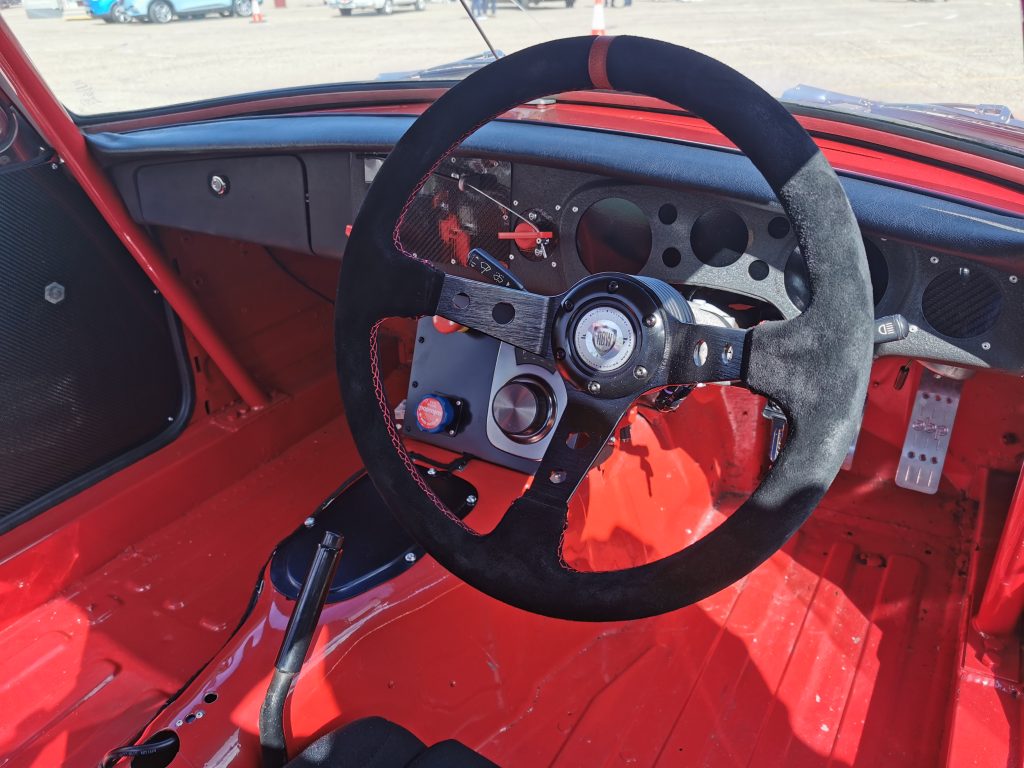
“It seemed natural to bring out a race vehicle with Zytek as a joint venture to demonstrate what these electric vehicles can do,” Swain said. “We have a system that can replace an engine and gearbox with a [electric] differential at the rear, which can give the same dynamics as a classic car; we can map it to different power outputs and we think that gives a future to classic racing.
What you don’t get, says Swain, is the noise of a combustion racer, but in return you do get EV levels of power, torque and response. The end goal isn’t a single car though, but a race series.
“If not next year, the year after that” he says. “We’ll be out on the track testing, getting it to where it needs to be. We have to push it to the limits before we can give it to our clients.”
An ‘arrive and drive’ package is planned, allowing drivers to turn up, pay a fixed fee, and leave engineering, charging and safety to RBW. A full manufacturer package in other words, but the old adage of racing improving the breed means RBW’s road-going customers will benefit from the venture too. “Everything we learn will go back into the road cars” says Swain.
Read more
Electrogenic Mini review: Exploring London in the perfect city car
Nissan Bluebird EV review: Anyone order an electric taxi?
Everrati Series IIA review: Meddling with a national treasure turns out to be no bad thing

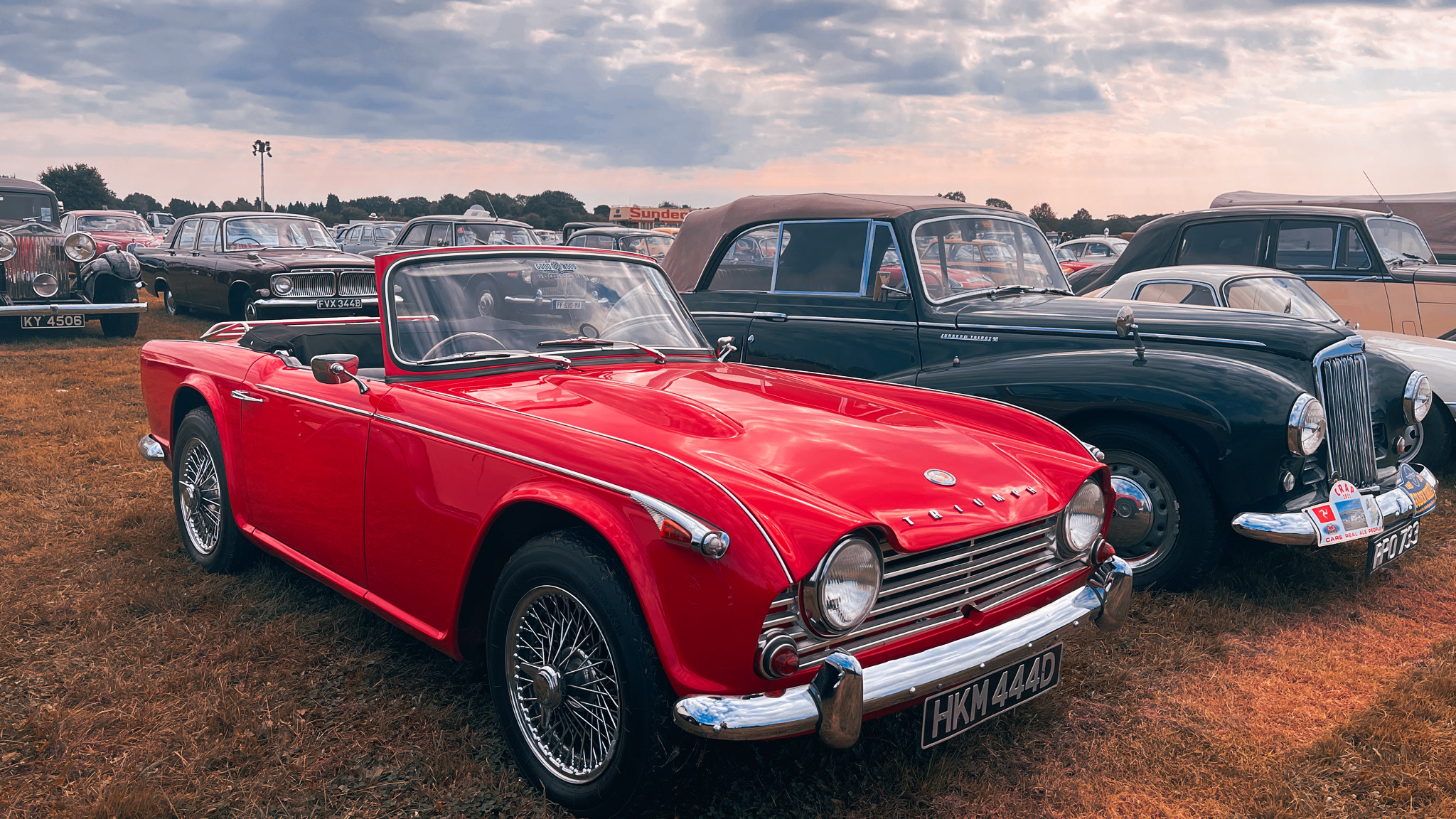
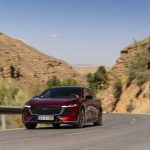
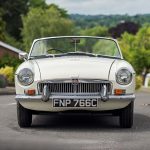

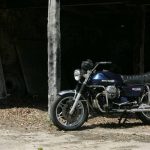

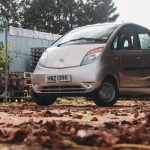


I feel if a classic car has been converted to electric, it’s not a classic car any more.